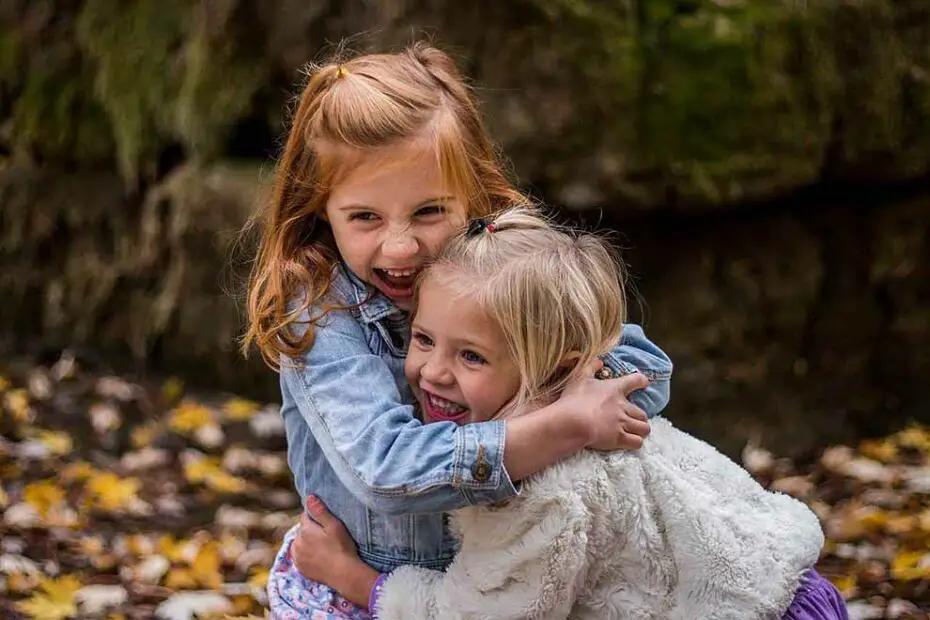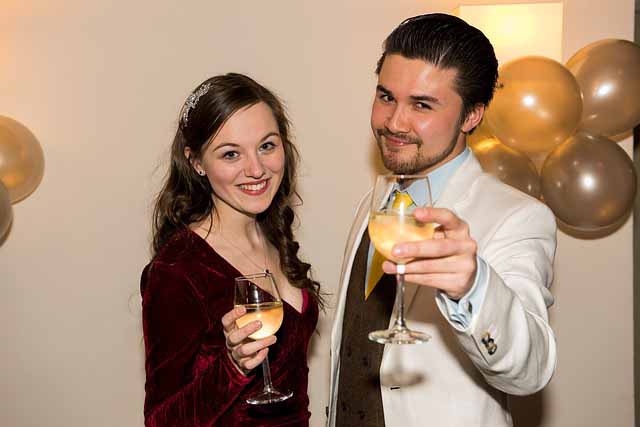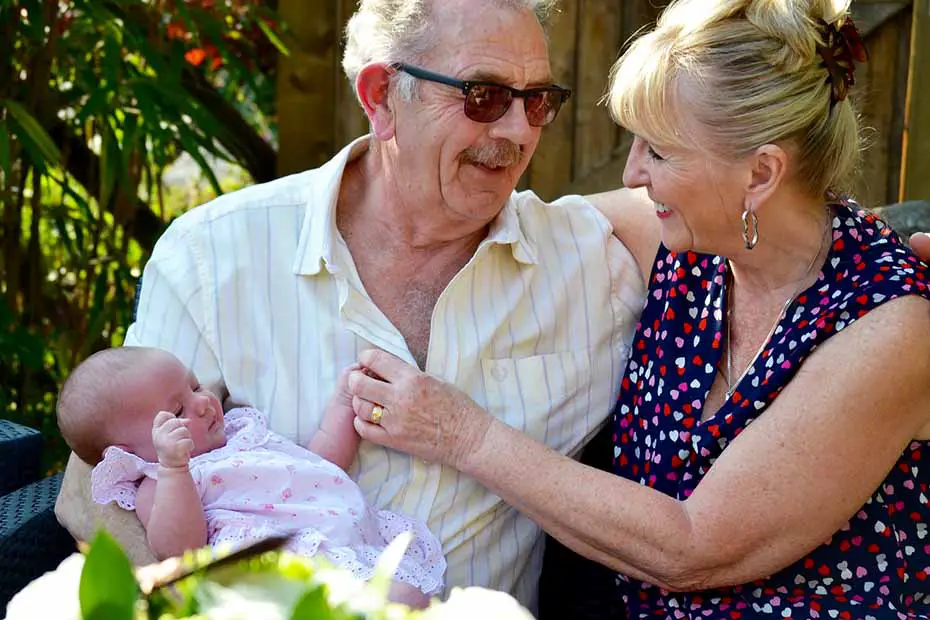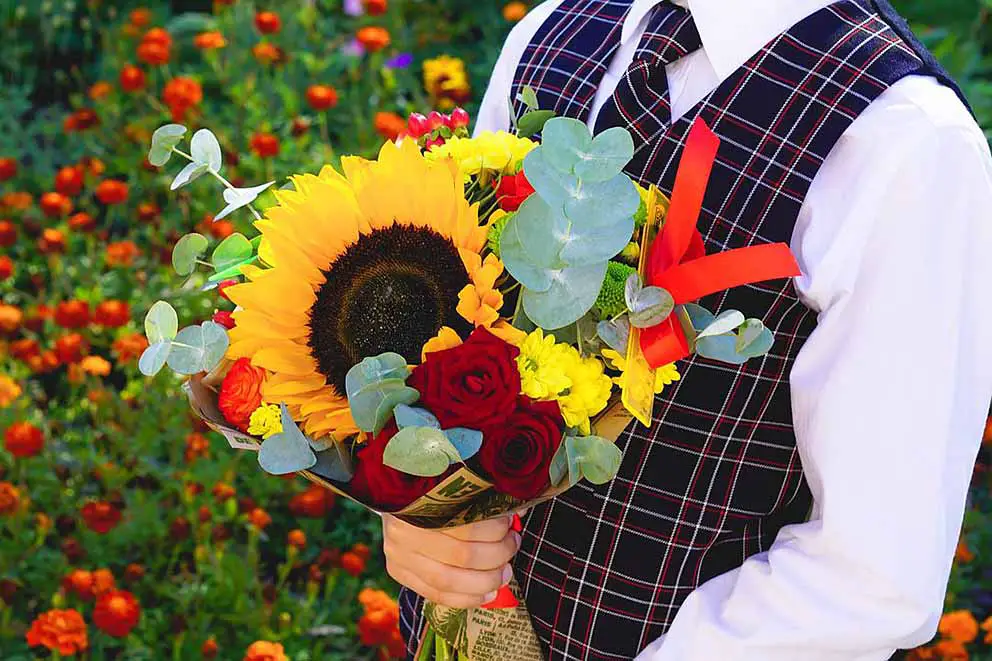The French are sometimes seen as somewhat reserved, even distanced to foreigners. But contrary to popular belief, the French are actually a very cordial people. They love greeting each other on the street, in bars, or basically, anywhere they see each other. So, if you’re planning on visiting France for business or on a holiday or in case you are just wondering what the basic greetings in French are, here’s a list for you to study.
Keep in mind that there are formal and informal greetings and some reserved for close friends, acquaintances, and family members. We’ll keep the list of French greetings as detailed as possible for you to enjoy learning to greet people in French.
Here are more than 25 different French greetings and goodbyes that you can use for various occasions or whenever you visit France.
Table of Contents
- 6 Basic French Greetings
- More elaborate Greetings in French
- Ways of saying Goodbye in French
- Conclusion
6 Basic French Greetings
1. Hello
Hello is the most common greeting in France. However, there are several variations of hello in French, such as:
2. Bonjour
Bonjour is a word that means hello. It’s a formal hello reserved for daytime, and you can usually hear it from shopkeepers greeting their customers upon opening their shop. It’s commonly understood as “Hello, good morning.”
3. Bonsoir
Bonsoir also means hello, but it’s used in the evenings. So it’s understood as “Hello, good evening.”
4. Âllo
Âllo also means hello, but it’s only used when answering the phone.
5. Coucou
Coucou (literally translates as cuckoo) is a more informal hello, and it means “Hey” or “Hey there”. This is reserved for close friends greeting each other. You can skip using bonjour or bonsoir when using coucou.
6. Salut
Salut means hi, and it’s reserved for late afternoons and evenings. It’s also an informal greeting, so you can use it with acquaintances and friends. However, it can also mean goodbye, which you can use when leaving an occasion or a gathering with friends and family. Additionally, it’s used as a way of making a toast in France.
More elaborate Greetings in French
There are other ways of greeting people in French, and here are some examples:
1. Ça va?
Ça va? or Comment ça va? means “How are (you),” and “How are (you) doing”, respectively. Both greetings are accepted in formal and informal settings. Alternatively, you can use Ça bouge? or Ça baigne? to ask how someone is doing.
2. Ça fait longtemps
Ça fait longtemps (dis donc) means “Long time (I) haven’t seen you”, and it’s used between people who have been friends for a long time. This phrase is commonly heard among the younger set in France.
3. Ça gaze?
Ça gaze? means “How’s it hanging?” and is a very informal way of greeting close friends. It’s a variation of asking your friends how it’s going.
4. Tu vas bien?
Tu vas bien? means “Are you doing well?” and it’s commonly used when you feel that the person you’re greeting is actually feeling good and will give you a positive response.
5. Quoi de neuf?
Quoi de neuf? means “What’s up”, and it’s very informal, much like coucou. It’s commonly used among friends but never with strangers or distant acquaintances.
6. Enchanté
Enchanté means “Nice to meet you”, and it’s used during introductions. It’s a formal way of saying that you’re delighted to meet the person for the first time. You can also use ravi de faire votre reconnaissance which is another traditional way of saying “Nice to meet you”.
7. Comment vas-tu?
Comment vas-tu? is an informal way of asking how the person is and can be used among family and friends.
8. Comment allez-vous?
Comment allez-vous? is the formal version of “How are (you)” and is commonly used in professional settings or with strangers.
9. Excusez-moi?
Excusez-moi? is used when you want to pass by someone blocking your way, or you can also use it to get someone’s attention. Thus, it has a double purpose since you can use it as a greeting and a way of catching someone’s attention.
Ways of saying Goodbye in French
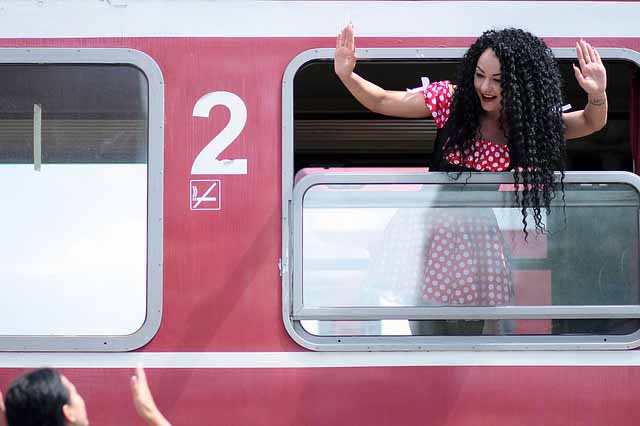
There are also several ways of saying goodbye in French, and here are some of the phrases and words used for it:
1. Au revoir
Au revoir is a formal way of saying goodbye in French, but it can be used in any setting.
2. À plus
À plus! means “Later” in French, and it’s commonly used by younger people to say that they’ll see their friends soon at an unspecified date and time. On the other hand, À plus tard is the formal version, which means “See (you) later.”
3. À tout de suite
À tout de suite means “See (you) in a while (or minute)”, which can be used in informal settings, like with friends and family.
4. À demain
À demain! means “See (person) tomorrow!” However, you can replace demain with a specific day when you’ll be meeting the person again.
5. À bientôt
À bientôt! is an informal “See you soon” and can be used in any setting.
6. À la prochaine
À la prochaine means “Until next time” and can be used when saying goodbye to people you’ve met for the first time.
7. Bonne soirée
Bonne soirée means “Have a nice evening”, and it’s a formal way of doing so.
8. Bonne journée
Bonne journée means “Have a nice day”, and it’s also a formal way of saying goodbye to a person.
9. Bonne nuit
Bonne nuit means good night, and it can be used among family, friends, and distant acquaintances.
10. Bon après-midi
Bon après-midi is a formal way of saying good afternoon, but it’s commonly used when leaving a group, so it’s best to refrain from using it when greeting someone or a group of people.
11. Bonne chance
Bonne chance means good luck. This phrase has a dual purpose since it can mean actually wishing someone good luck or saying goodbye to someone off on an adventure or journey.
Conclusion
There are more greetings in French than this list holds, but most are informal contractions of the ones listed here. The younger French generation has revolutionized the language to suit their needs, and it’s refreshing to hear very informal greetings among young people.
However, French people tend to be formal with strangers despite being very friendly, giving the initial impression that they are snobs. That is far from the truth, for when you become close friends with a Frenchman, they’ll greet you warmly every time you see them.
Here’s to hoping that you’ve learned a lot from this list of greetings in French. We also hope that you will be able to use some of them when you become friends with a person from France or even when you visit the country. À la prochaine!
